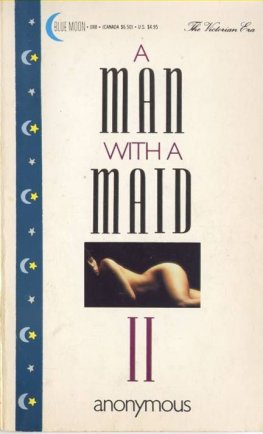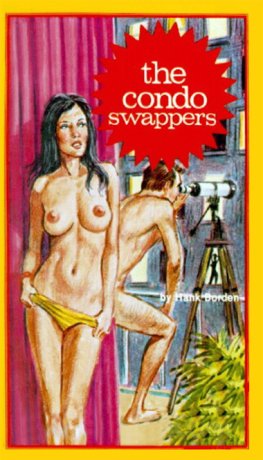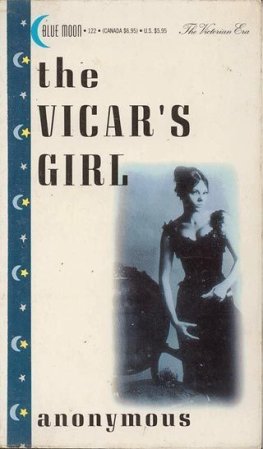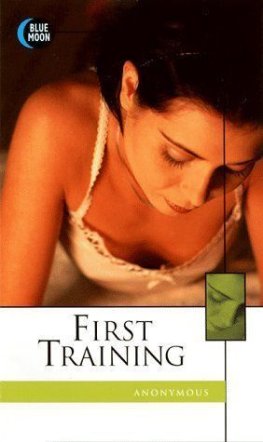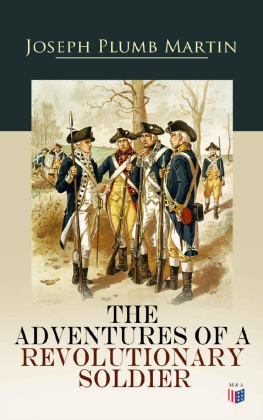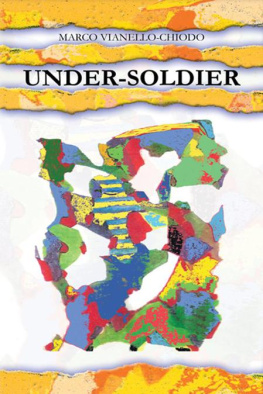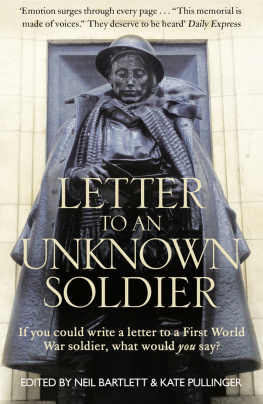This edition is published by PICKLE PARTNERS PUBLISHINGwww.pp-publishing.com
To join our mailing list for new titles or for issues with our bookspicklepublishing@gmail.com
Or on Facebook
Text originally published in 1821 under the same title.
Pickle Partners Publishing 2016, all rights reserved. No part of this publication may be reproduced, stored in a retrieval system or transmitted by any means, electrical, mechanical or otherwise without the written permission of the copyright holder.
Publishers Note
Although in most cases we have retained the Authors original spelling and grammar to authentically reproduce the work of the Author and the original intent of such material, some additional notes and clarifications have been added for the modern readers benefit.
We have also made every effort to include all maps and illustrations of the original edition the limitations of formatting do not allow of including larger maps, we will upload as many of these maps as possible.
THE PERSONAL NARRATIVE OF A PRIVATE SOLDIER,
WHO SERVED IN THE FORTY-SECOND HIGHLANDERS,
FOR TWELVE YEARS, DURING THE LATE WAR
PREFACE, BY THE EDITOR.
UNDER the pompous title of Editor of this plain unvarnished tale, I will briefly inform the reader how it comes to pass, that it appears at a period so remote from its authors discharge from the army.
The Journal of a Soldier of the 71 st , fell into my hands; I read it with mingled feelings of pleasure and regret. I had known, from my school boy days, the Soldier of the 42 nd , whom I have brought before the public. Laying down the interesting Journal of the Soldier of the 71 st , I said to myself, Why might not ******* write the personal Narrative of his Life, as a poor, but honest Soldier?
I accordingly wrote to him on this subject; for I had often received letters from him while he served in Spain. I requested him simply to transmit to me, from his secluded residence at Old Monkland, in a Series of Letters, a brief, but faithful relation of what he did and what he saw, from the time he enlisted till he was discharged in 1814. And I held out to him the prospect of pecuniary reward, provided his Narrative appeared worthy of publication.
To a man, whom the regulations of the army denied that remuneration which his services seem to claim from his country, this was an inducement sufficiently powerful. I received from him in a short time a folio sheet, closely written, and then crossed in red ink, containing the first portion of his Narrative. This I read over attentively, and wrote him again, encouraging him to proceed and finish what he had begun. When I was in possession of the whole, I examined every drawer and box, in which I am in the habit of keeping papers, for the letters I had received from him while he was in the Peninsula, but my search proved fruitless; and I regret it much, as those letters, which are missing, would have materially added to the Narrative which he wrote from recollection.
Of the merits, however, of the entire performance, the reader will judge for himself; of its originality, the letters which conveyed it from the neighbourhood of Old Monkland, to my residence in London, are preserved, to vouch for almost every sentence that has been printed. But it is not to be denied, that in transcribing those letters for the press, I have taken such liberties as the grammatical functions of an editor usually warrant. Beyond this licence, I have rarely ventured to alter the original composition of the writer, either by curtailing or adding to the text; and I am incapable of violating the confidence of friendship by expressing, as the opinions of another, who is four hundred miles from me, sentiments of which he would not approve, or which might be in discordance with his unadorned descriptions.
That there may be many inaccuracies discovered by him, I am not prepared to deny, for he was not furnished with proof-sheets of the work, for literal corrections; and this explanation will account for the orthography of some names of obscure places, both in the Peninsula and in France.
The strictures he makes on military movements I am incapable of deciding on; they appear verbatim as he wrote them, his criticisms on the conduct of officers and soldiers are exceedingly natural in the mouth of a man who conceals not his own failings; and they derive a peculiar value from the circumstance that the writer, immediately on his discharge, applied himself to an humble but honourable occupation, in the very place where his life was first marked by folly. See pages 4 and 5 of the Narrative . In this occupation he has persevered till the present time, with as much steadiness as if he were adding field to field and house to house; but this is natural to a good citizen and a virtuous parent: for it is to be remarked, that the Author of the Narrative, shortly after his return to Scotland, married an amiable young woman, but without any dowry, as was to be expected from his own situation in life; and he is now the father of three children, whom it is his pride to support by his industry, and to bring them up in the paths of virtue by inculcating the principles of religion on their young minds, and setting before them an example of it in his own conduct.
In reference to the frequent mention which the writer makes of plunderor, in other words, of the soldiers of the British army helping themselves to the provisions and cattle of the Spaniards and French, it may be sufficient to quote the Memoirs of Sully, wherein that brave soldier, and illustrious statesman, again and again, tells his readers how much booty fell to his share upon particular occasions: and the same noble authority may be cited in justification of the entire Narrative, and the writers downright sincerity. Thus, when the King of Navarre was wounded at the bridge of Aumale, by a trooper belonging to the Prince of Parmas army, in the evening, when laying abed, he conversed freely with Sully and others, upon the dangers of that day. Upon this occasion, I observed, says Sully, in the fourth book of the Memoirs, as something singular, that among us all who were in the chamber, there were not two persons who could agree in the recital of the most particular circumstances of the action.
It is not meant by this reference to attempt establishing a comparison between an obscure individual and the Duke of Sully; but it is meant to prove with what veracity the writer of this Narrative has recorded the life of a Private Soldier. On several occasions I could point out that Sullys acceptance of booty was a matter of choice to serve the King of Navarre; in every instance recorded by my friend of himself and his comrades enjoying a skin of wine or the carcass of sheep, they were driven to it by necessity, by want, to fulfil their duties as soldiers: but I have no fear that his character will suffer in the eyes of his countrymen by the acknowledgments he makes. This conviction dictated to me the propriety of allowing, even the minutest faults of his life to remain on record. When balanced fairly with his duty, I flatter myself he will be a gainer rather than a loser by the estimate.






